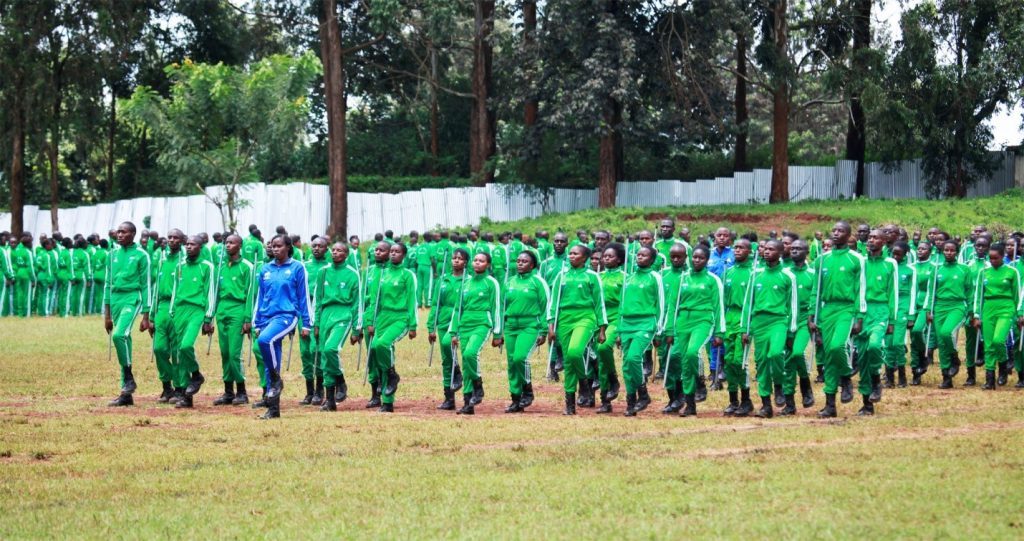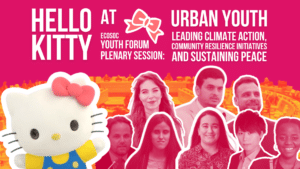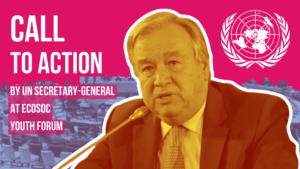Meru, Kenya May, 2018 – Meru County recently launched an ambitious 5-year plan to provide sustainable alternatives for yout h who have been deprived of a key source of income as a result of the ban on miraa exports to the European Union estimated to be worth US $ 6 Billion annually. UN-Habitat and the Meru County Government held a two-day youth empowerment conference in Meru Town 3-4 May 2018 themed Build the Youth, Build the Future which resonates with Un-Habitat’s commitment to inclusive urban and human settlements development in which no one is left behind.
h who have been deprived of a key source of income as a result of the ban on miraa exports to the European Union estimated to be worth US $ 6 Billion annually. UN-Habitat and the Meru County Government held a two-day youth empowerment conference in Meru Town 3-4 May 2018 themed Build the Youth, Build the Future which resonates with Un-Habitat’s commitment to inclusive urban and human settlements development in which no one is left behind.
The conference identified solutions to key challenges affecting young people among them youth radicalization, poverty, unemployment and alcohol and drug abuse which must be addressed to rally youth to participate meaningfully and effectively in governance and economic development. The Meru Youth Service Programme implemented by the County Government of Meru and launched in April 2018, is a unique initiative in which 1000 young people drawn from administrative wards in the county will receive training in fields such as agriculture, health services and urban regeneration.
“UN-Habitat is here to work in partnership with the County Government of Meru to add value to young people’s lives by reaching out to the poorest of the poor and giving them a critical hand up through training and other forms of support.” said Douglas Ragan who heads UN-Habitat’s Youth and Livelihoods Unit.
Participants learnt from best practices and experiences presented by a distinguished panel from the United Nations and other international organizations which demonstrated and profiled best practices that can be replicated to improve livelihoods. The deliberations culminated in drafting of a Meru Youth Declaration which highlights the best approaches to resolving challenges affecting youth in Meru.
UN Under-Secretary general and Deputy Executive Director of UN-Habitat Dr. Aisa Kacyira expressed her support for the programme and reaffirmed UN-Habitat’s commitment to promoting initiatives that encourage inclusion and participation of youth in governance, post conflict management and creation of public space to improve overall quality of life, particularly for young people”
Cabinet Secretary for Youth, Sports and Gender in Kenya Professor Margaret Kobia emphasized the significance of localizing Sustainable Development Goals (SDGs). “Development cannot be realized until it is actual development on the ground,” she said, adding that the Government of Kenya is open to partnerships driven by Youth-LED-Development as creating opportunities for young people will lead to creating a stronger country.”
The conference host Gov. Kiraitu Murungi emphasized that the best approach to profiling best practices in youth empowerment is to first overcome unemployment. “We want our young people to be prepared and ready to capitalize on all opportunities coming our way down here at Meru County.” Said the Governor.



